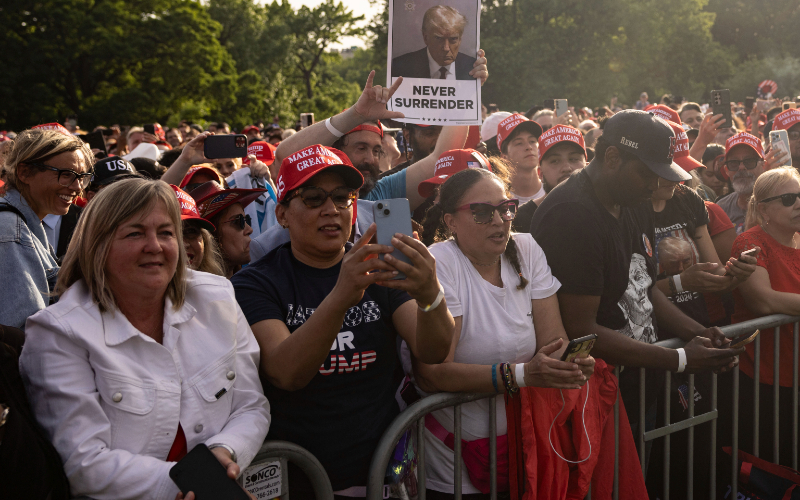Member states stopped negotiating on the text of an agreement last Friday, but it is not dead yet. World Health Organization (WHO) officials have put a positive spin on their inability to complete negotiations in advance of this week's World Health Assembly – the WHO's annual business meeting – in Geneva.
Conversation has turned to a possible way forward for the agreement, which critics call an unnecessary threat to the sovereignty of nations. If approved, broad authority would be granted to the WHO, likely including the ability to impose vaccine mandates, travel restrictions, and more on the U.S. and other nations in the event of another pandemic.
The latest draft proposes that the WHO should get 20% of the production of pandemic-related products like tests, treatments, and vaccines, but differences remain over the sharing of information about pathogens that emerge and the sharing of technologies to fight them.
Travis Weber, the Family Research Council's (FRC) vice president for policy and government affairs, is in Geneva and told Washington Watch Tuesday that business of this magnitude is typically complete before the start of the World Health Assembly.
"If we're looking at the status of the pandemic agreement right now, there was not a consensus reached; there was not an agreement on the agreement," he reported. "They do not have a common text to operate from at this point."
Given Friday's setback, he says any vote taken on the pandemic agreement this week would likely be procedural in nature as supporters consider their next steps.

"There was some discussion here the last couple of days in some of the committee meetings about how to proceed," Weber told show host Jody Hice. "It's likely we could see some sort of determination from the WHO that member states agree to – or put to a vote – about how to proceed with future consideration of the pandemic agreement."
Amendments to the International Health Regulations (IHR), a set of legally binding international regulations that aims to advance countries' capability to work together against the spread of disease and other health risks, are a key point of business.
The WHO is seeking to broaden its authority relative to the IHR, and the new regulations would expand the situations in which the WHO could declare a world-wide public health emergency. This would also allow the WHO to make binding policy mandates in response to such emergencies.
Weber told Washington Watch the IHR amendments could possibly be considered by the full body of Assembly attendees this week.
The United Kingdom is one government that has been hesitant to agree to sharing a fifth of its vaccines with other countries, and it is not the only one concerned about depleting its ability to assist its own citizens during an emergency.
"So far, there's not been agreement reached for several reasons, primarily the inability of nations of the world to agree on how to share their resources and the development of vaccines, intellectual property, and the resources that each nation develops – how willing they are to hand that over to the World Health Organization or distribute in globally," Weber summarized. "These are items that are still to be determined."
Earlier this month, U.S. Republican senators wrote to the Biden administration, arguing that the draft treaty focused on issues like "shredding intellectual property rights" and "supercharging the WHO." They urged Biden not to sign off.
With the WHO's own transparency being one of the biggest obstacles, Director General Tedros Ghebreyesus has expressed his concern regarding "misinformation" about the organization's intentions.
"I ask you to chart the path forward for the pandemic agreement and IHR amendments so we can bring those to a conclusion as soon as possible," he told delegates this week. "I ask all of you – governments, partners, civil society, youth organizations – to speak up for the agreement and speak out against misinformation."
Weber suggests that so-called "misinformation" could stem from the fact that the amendment's draft language is intentionally vague.
"The idea of misinformation has been tossed around a lot," he told Hice. "It's been in some of the drafts of the pandemic agreement."
But he thinks clarity about intentions should be a "no-brainer."
"If you can't explain what and why you want to make those changes, you need to stop right there and ask why there's an inability to explain," Weber contended. "Part of this misinformation crackdown is an attempt to suppress the conversation."
"We can't be suppressing these conversations. It's only going to breed more distrust, breed more fracturing, and breed more disunity," the FRC spokesman added. "Part of the way ahead on some of these issues is to have more of those conversations."
As of now, the pandemic agreement, which, again, could give broad powers to a non-governmental body that was widely criticized for its response to the last pandemic, "appears to have been done in the dark," Weber said.







